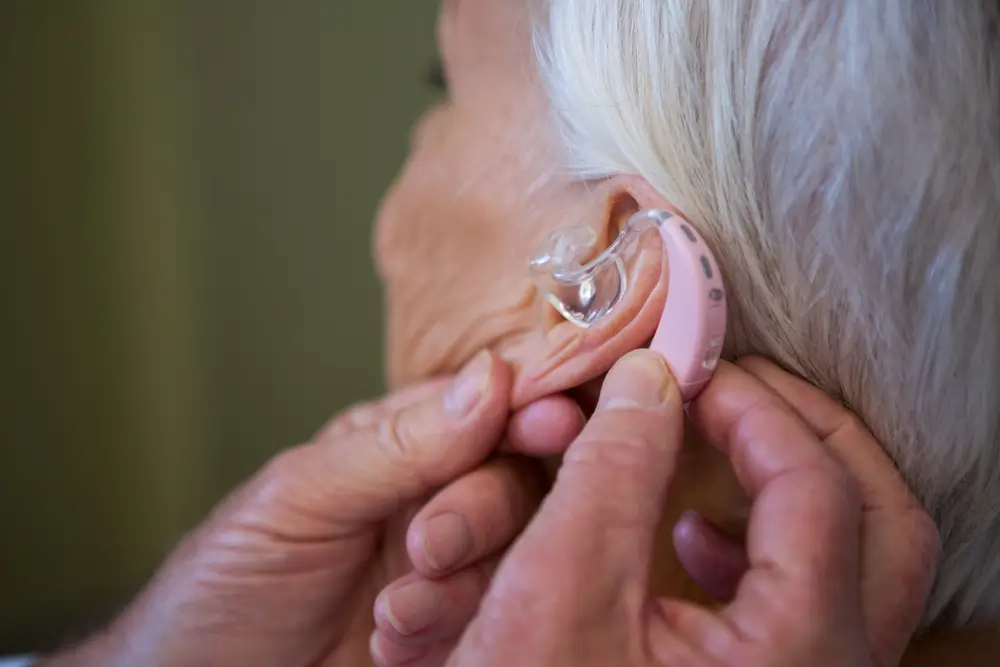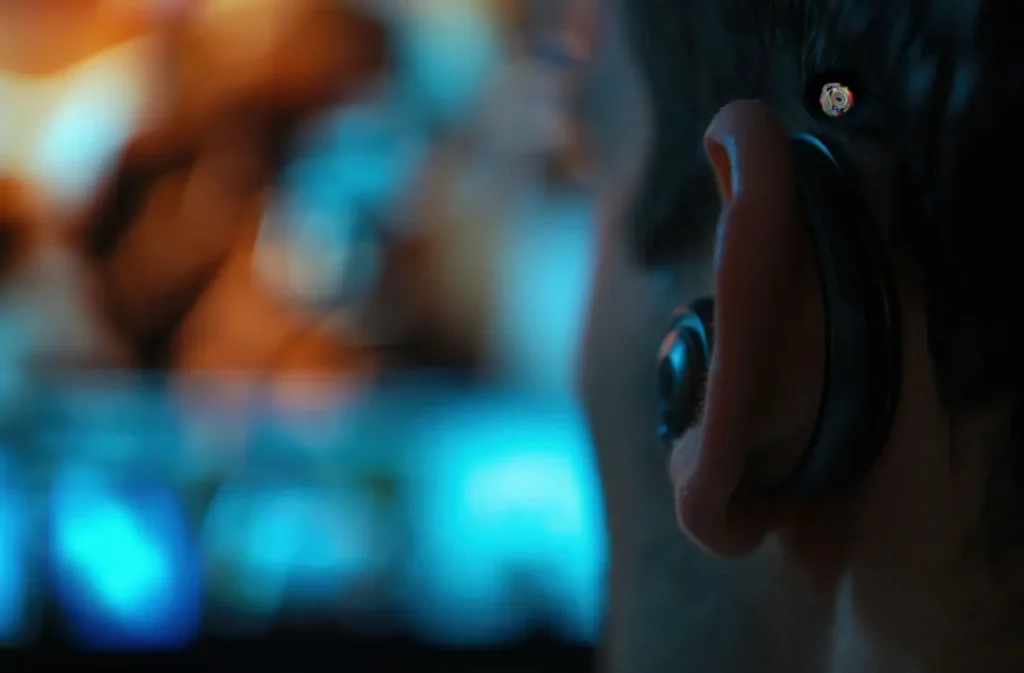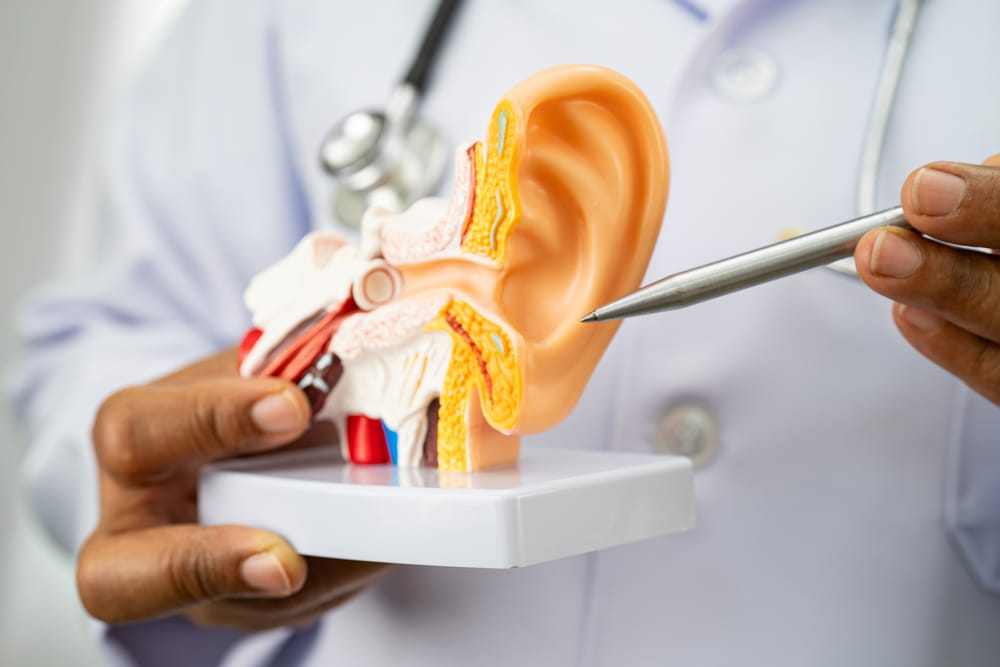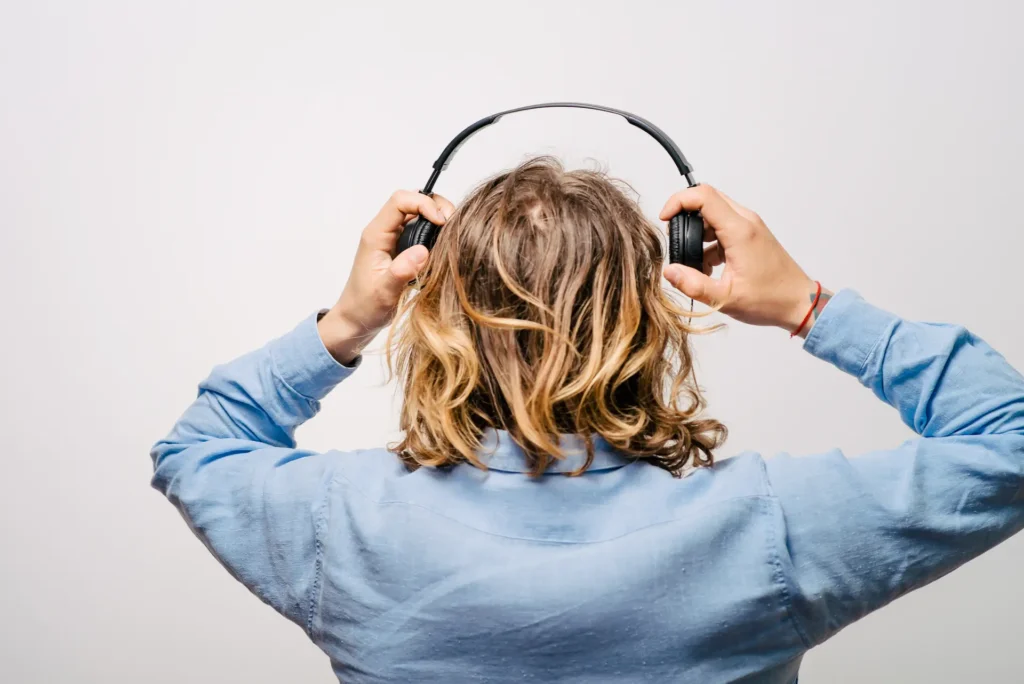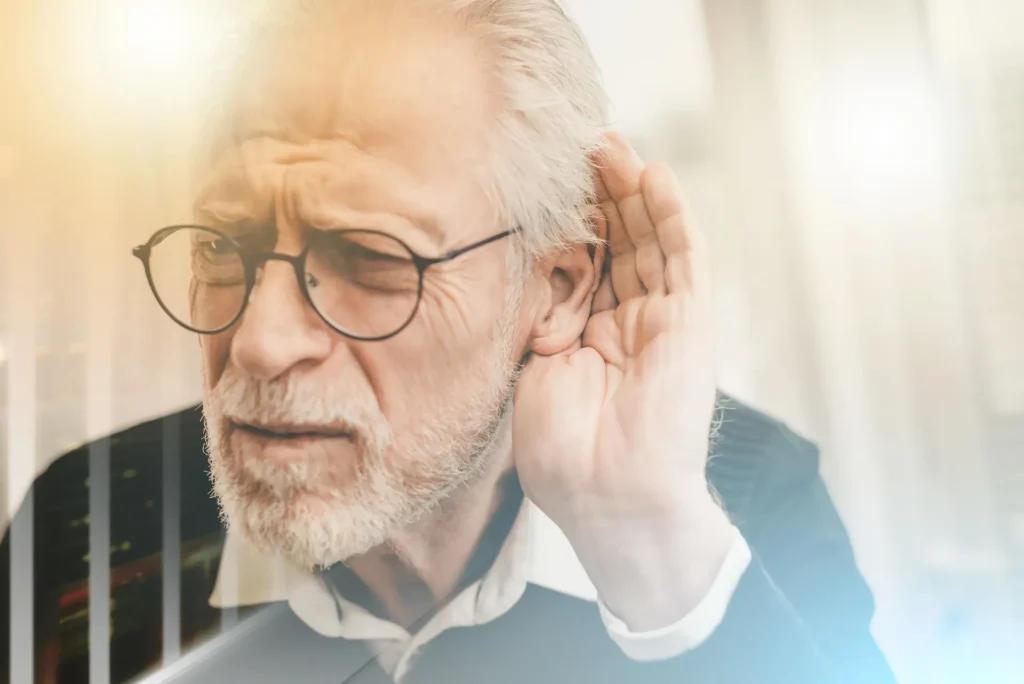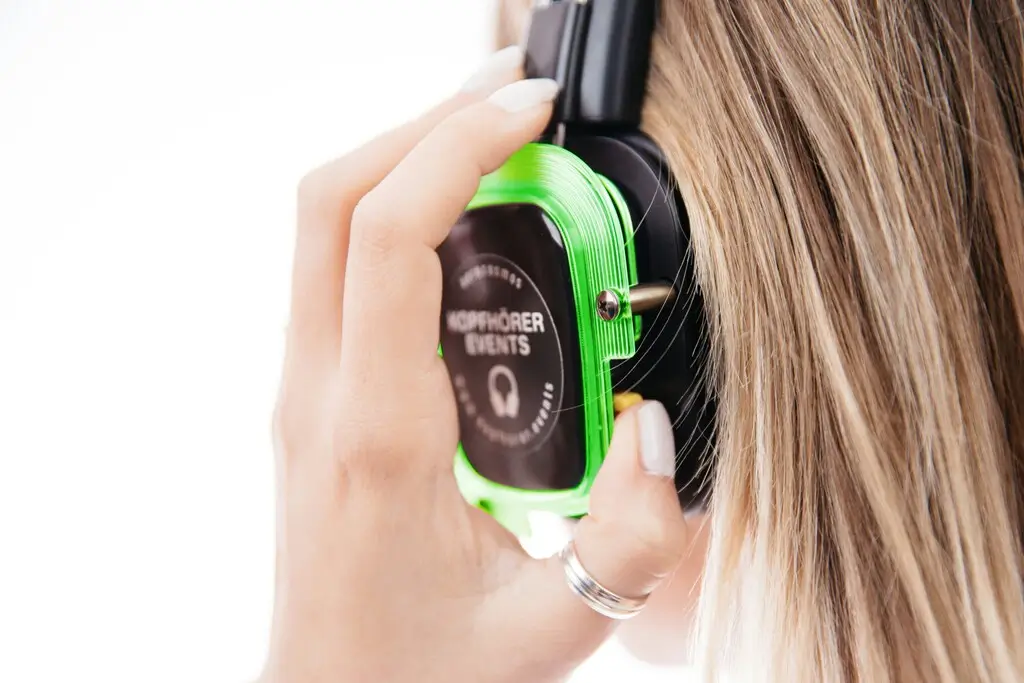Feeling unsteady, or noticing a loved one with frequent dizziness? The ears often play a role. Inside the inner ear is the part of the ear responsible for balance, a small but powerful system that helps keep you steady every day.
Home Blog
Blog
Auditory processing disorder (APD) can affect adults just as meaningfully as children. Many people experience challenges with processing spoken language in noisy or fast-paced environments. Whether linked to changes over time, past symptoms that were never addressed, or simply increased demands on listening, APD can impact conversations, work, and quality of life. Fortunately, there are effective ways forward.
Universal IEMs offer accessibility, but for touring musicians, custom-molded options deliver the consistency, isolation, and sound clarity needed on stage. This guide compares the two, highlights why JH Audio remains a top choice, and explains how NYC Hearing Associates supports custom IEM fittings for serious performers.
Hearing is one of the body’s most remarkable processes – and one we often take for granted until something changes. Understanding how the ear works can help you recognize when something feels off and give you the tools to act early. If you’re experiencing hearing changes, NYC Hearing Associates offers expert-led evaluations and guidance.
Earbuds and headphones are part of daily life now – during commutes, workouts, work calls, and everything in between. But with more time spent plugged in, it’s smart to ask the real question: Are earbuds bad for your ears?
Feeling unsteady, or noticing a loved one with frequent dizziness? The ears often play a role. Inside the inner ear is the part of the ear responsible for balance, a small but powerful system that helps keep you steady every day.
There are many stereotypes about deafness, especially in the media. Sometimes, it’s hard to decipher hearing loss facts from fiction. Unfortunately, misinformation has real consequences, and some may not seek professional treatment because they don’t realize it’s available to them. It’s essential to arm yourself with the facts to protect your ears and help raise awareness among your friends and family.
With that in mind, let’s explore popular myths from the point of view of a professional team. How many of these misunderstandings and misconceptions have you heard?
There is a lot of confusion about when you would use a cochlear implant vs a hearing aid. Both help you hear better, but not all hearing loss is the same, so not every intervention is right for everyone.
For musicians, sound is something to shape and sculpt with intention. So when hearing loss affects balance, pitch, or tone perception, it becomes more than a technical challenge – it impacts the creative process.


